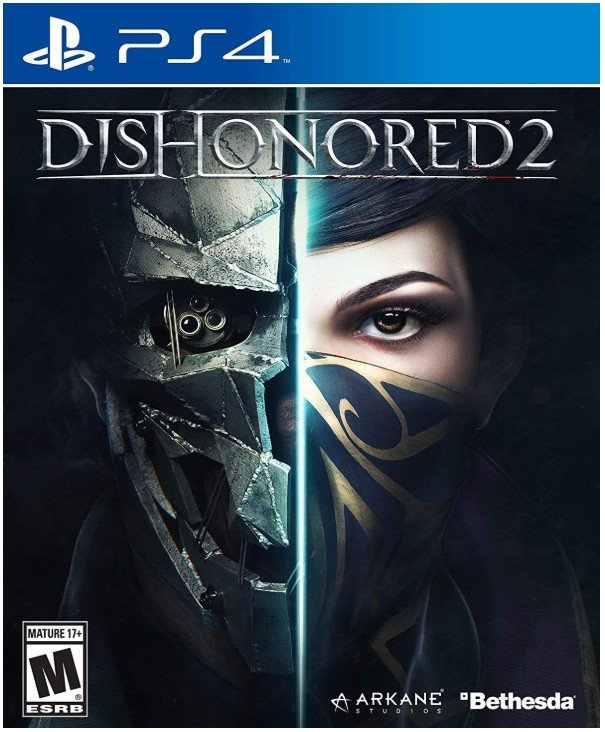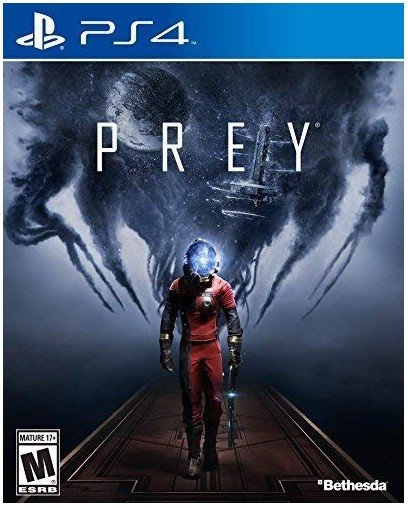Arkane Studios' work on immersive sims shouldn't be lost next generation
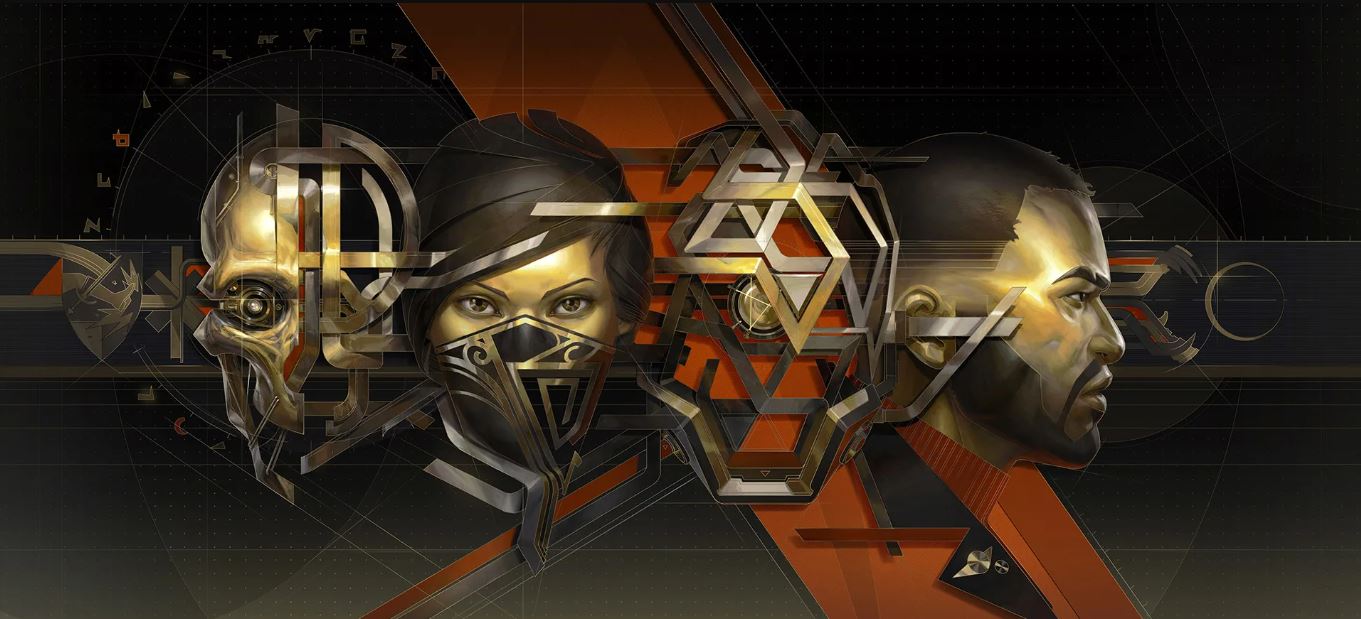
Arkane Studios celebrates its 20th anniversary this year, but the path hasn't always been smooth sailing. Its tumultuous past is fraught with game cancellations and near-bankruptcy, documented by Noclip in "The Untold History of Arkane," before the studio found success in 2012's Dishonored. This kicked off a sort of renaissance period for Arkane, which went on to make a sequel and a re-imagining of Prey. The studio has made a name for itself in the immersive sim space at a time when most publishers don't want to fund such titles, preferring safer routes to generate revenue like multiplayer and live-service games.
Fellow Android Central writer Samuel Tolbert and I both share a similar love of Arkane Studios, so we decided that for its 20th anniversary we'd talk a little bit about what makes the studio so special, and why we want to see it continue to focus on immersive sims next generation.
A modern day Looking Glass Studios
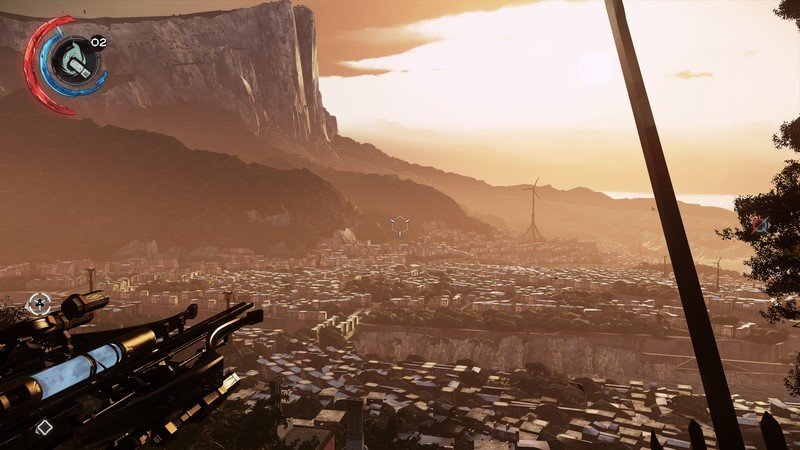
I admittedly didn't grow up on classics like System Shock, Ultima Underworld, or Thief, but the immersive sim genre became a favorite of mine when I discovered Dishonored. The way that my actions affected the world around me and how I was able to interact with the world in ways that I couldn't in any other game immediately had me hooked. Dishonored was my first taste of an immersive sim, and I couldn't get enough. There's something special about the amount of agency a player has.
Arkane has made some of my favorite games to come out in the last decade.
Looking Glass Studios paved the way for this type of emergent gameplay before being shut down in 2000. Arkane is one of the few studios that picked up the mantle, and continues to do commendable work in the genre with two separate studios in Lyon, France and Austin, Texas. I like to think of Arkane itself as a sort of spiritual successor to Looking Glass. Its influences and ideals clearly flow throughout the developer, but it maintains its own personality that is so distinctly Arkane.
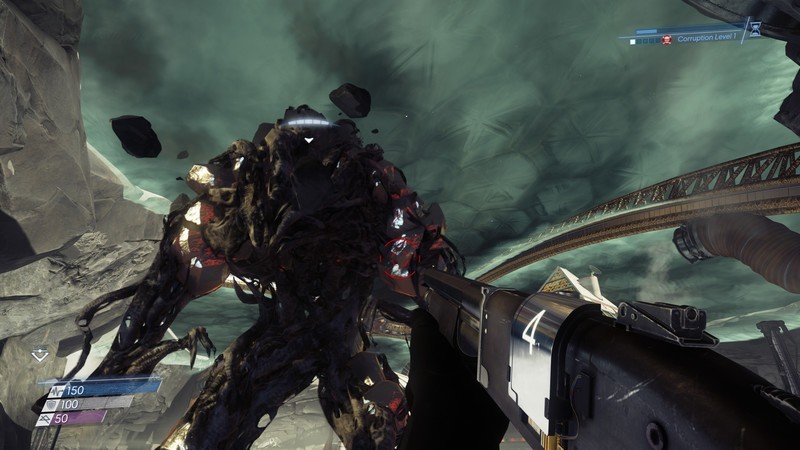
Projects like this are unfortunately harder to fund because of their inherent risk. It's much easier for a multiplayer or live-service game to make back their money through microtransactions and paid DLC when they have constant support over the years, even if they're mediocre. The same can't be said for single-player games. Only the best, most-polished titles seem to survive in the AAA space. Investors and publishers just don't want to take that chance.
I'd never want to pigeon-hole Arkane into developing one type of game, so I'm hoping that the studio can find ways to innovate and continue its work with immersive sims. There is so much untapped potential there that I think the studio can try something new while keeping it familiar. Whatever Arkane decides to experiment with next, I'll happily be along for the ride.
Between the Dishonored franchise and Prey, Arkane has made some of my favorite games to come out in the last decade. I'm looking forward to seeing what the studio has in store with Deathloop. Like Arkane said, here's to the next 20 years. –Jennifer Locke
Be an expert in 5 minutes
Get the latest news from Android Central, your trusted companion in the world of Android
Player choice and a genre's survival
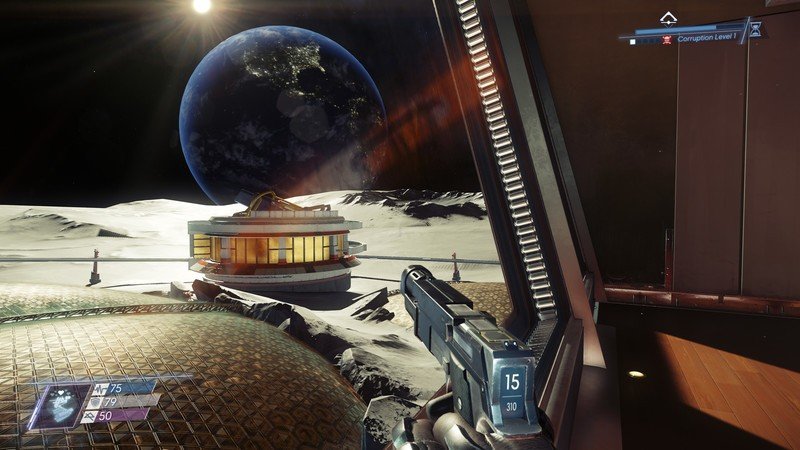
Like most others, my love affair with Arkane started with Dishonored. Part of the fun in Dishonored and its two sequels is how they thrive on allowing the player options. Sure, you can just stab a target but where's the fun in that? Setting up complex traps, turning mechanical foes against their owners, chaining together hilarious deaths, all the pleasure is in the discovery. The numerous options ensure that figuring out how you want to approach a situation and play is a major part of the experience. Any combination of playing lethally, non-lethally, taking out targets, being direct or unseen all adds up in a unique playthrough every single time while ensuring even a non-lethal run has moral dilemmas.
Prey is different. Much like Dishonored, Prey presents problems to players, asking them to figure out how to overcome a locked door or fire hazards or groups of enemies. Stealth, while possible, isn't encouraged – a more straightforward approach is usually the best way. Instead, your decisions come down stripping your surroundings of their resources, remembering what was where in a vast station filling with object-imitating Mimics. Where Dishonored asks for mastery of your abilities, Prey asks for mastery of your environment. I'll never forget my slack-jawed expression upon going into space for the first time and seeing the Talos 1 station in all its glory...then realizing I could explore the entire thing.
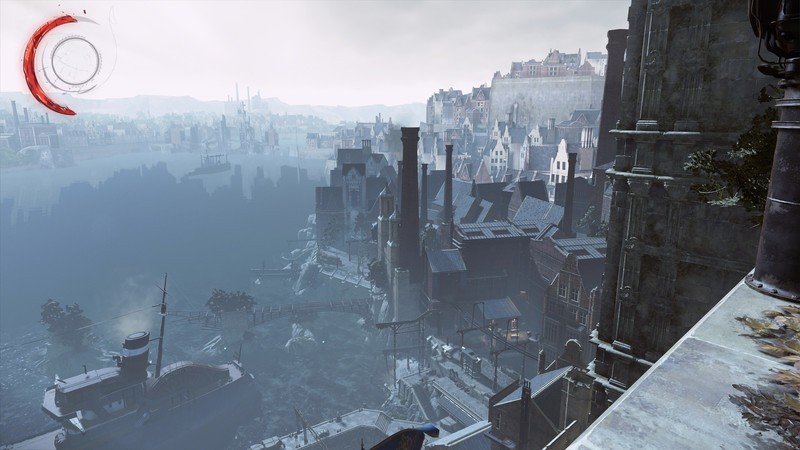
Arkane carries a uniquely intelligent, long-running, ever-struggling torch.
These kinds of games need to continue. An immersive sim, as a term, is already a bit confusing. How many elements are needed to qualify? Does it have to be in first-person? By its very nature, it is a genre wrought with financial difficulty. System Shock and System Shock 2 from Looking Glass Studios were critically acclaimed and are hailed as major breakthroughs for game design, yet both projects failed to meet sales expectations. That, unfortunately, doesn't appear to be changing.
Even now, an attempted System Shock 3 and System Shock remake from Otherside Entertainment and Nightdive Studios respectively have seen delays after delay. Eidos Montreal has gone from continuing the Deux Ex franchise to Tomb Raider and Avengers support duty. Ghost Story Games under Ken Levine is working on an immersive sim but its 40-person team is a far cry from the hundreds that worked on the BioShock franchise.
Through it all, Arkane Studios remains. Hopefully ZeniMax and the rest of Bethesda Softworks recognize that. Whether it's through the intriguing Deathloop, possible new installments of Dishonored and Prey, or other new IP, Arkane carries a uniquely intelligent, long-running, ever-struggling torch. It can't be allowed to go out. –Samuel Tolbert
Support the studio
If you have yet to try some of Arkane's more recent games like Dishonored and Prey, what are you waiting for? Games like these will keep being made as long as people keep supporting them.

Jennifer Locke has been playing video games nearly her entire life. You can find her posting pictures of her dog and obsessing over PlayStation and Xbox, Star Wars, and other geeky things.
